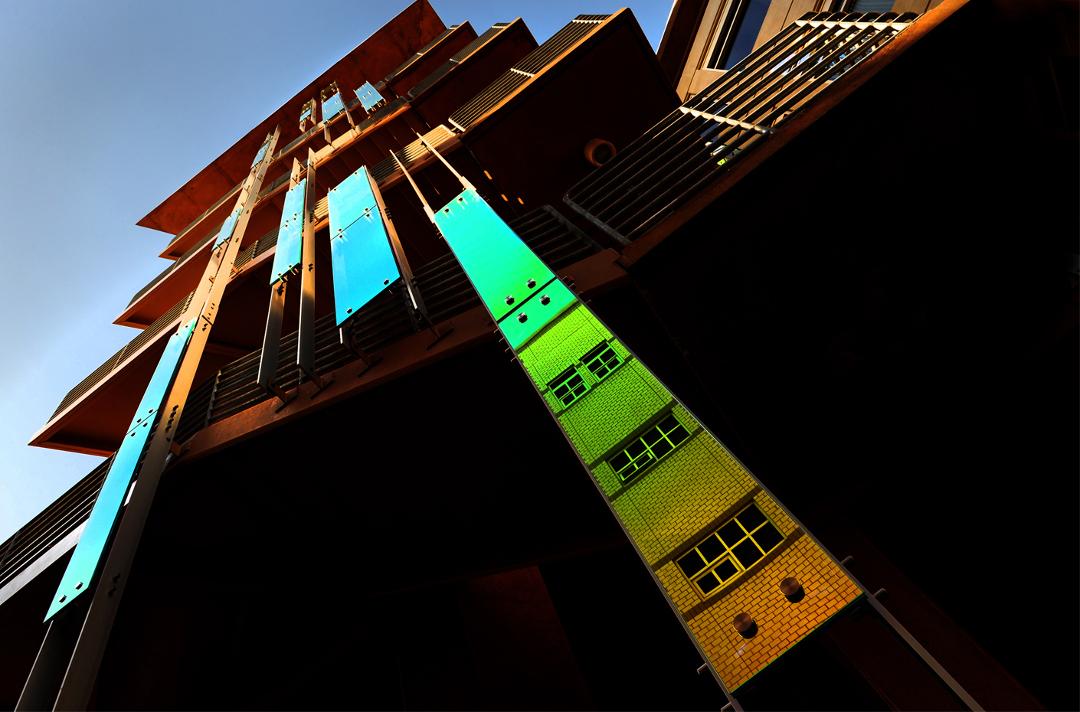
October 2016
Flooding is the most destructive type of natural disaster, affecting 100 million people globally, especially in developing nations. Much is being done, but current efforts are not bending the trajectory of human history away f rom more frequent, and more destructive, flooding disasters. The School of Social Ecology, School of Engineering and Blum Center for Poverty Alleviation have entered a competition called 100&Change for a $100 million MacArthur Foundation grant to help solve this critical problem of our time.
rom more frequent, and more destructive, flooding disasters. The School of Social Ecology, School of Engineering and Blum Center for Poverty Alleviation have entered a competition called 100&Change for a $100 million MacArthur Foundation grant to help solve this critical problem of our time.
This interdisciplinary team of engineers and social scientists works with vulnerable communities to co-develop the most sophisticated flood visualization tools available, allowing decision-makers and citizens to better understand their flood risk and experiment with mitigation strategies at any scale, from green infrastructure to low-risk urban development. The computer models we use rely on data that is not always available, and so we use modern, low-cost technologies to fill in the gaps. With the support of the MacArthur Foundation, the goal is to scale up: co-developing flood hazard assessment and mitigation tools for the 18 urban areas facing the greatest risk around the world. These tools will enable communities to improve their resilience and engage in planning and decision-making to mitigate future flood risk.
